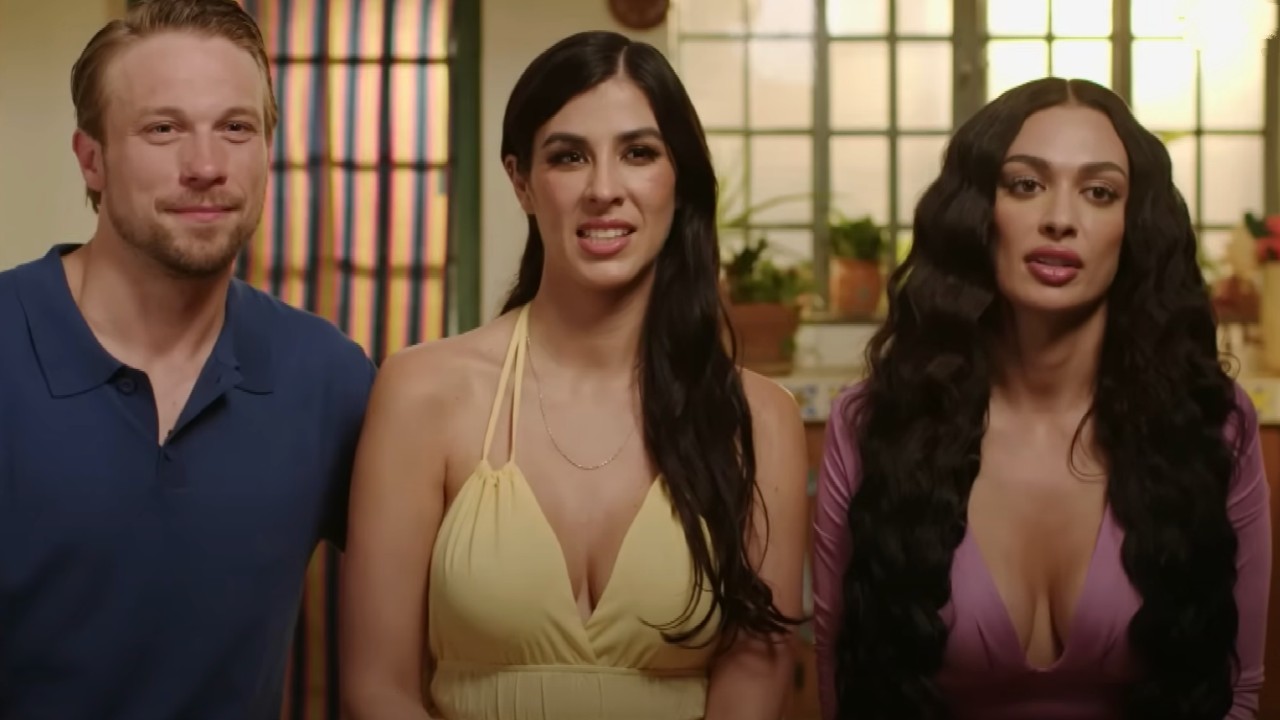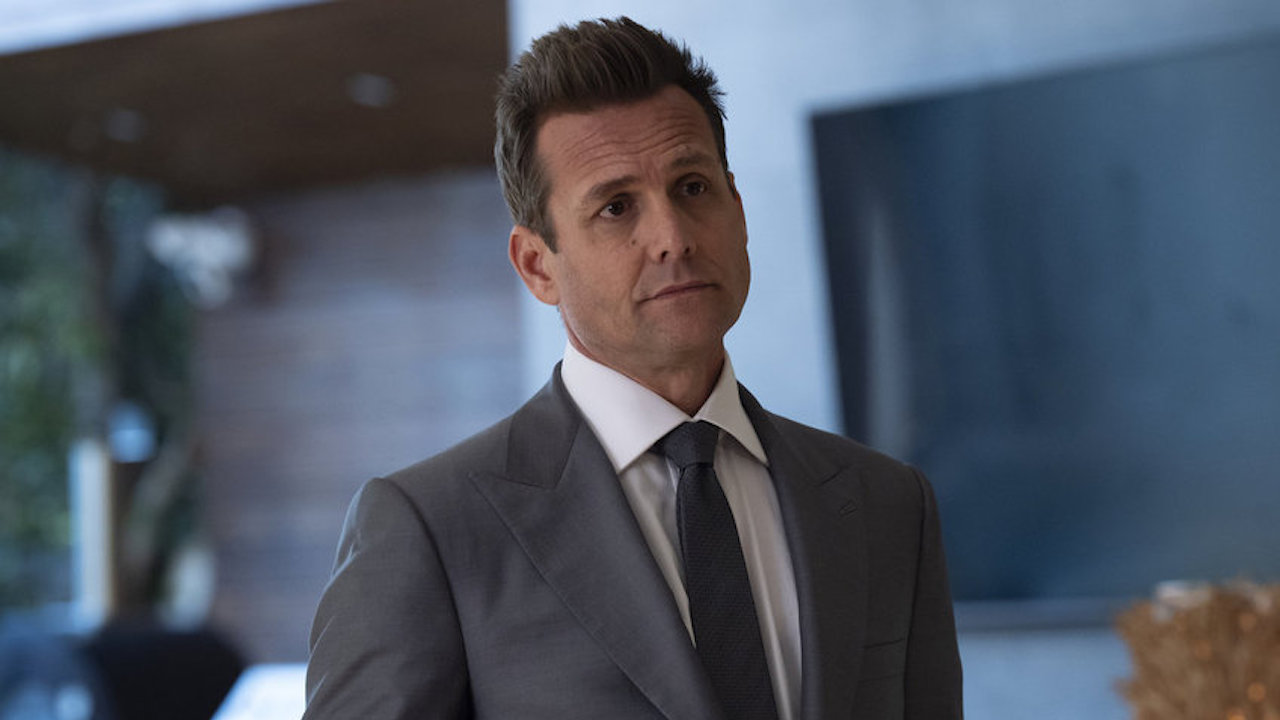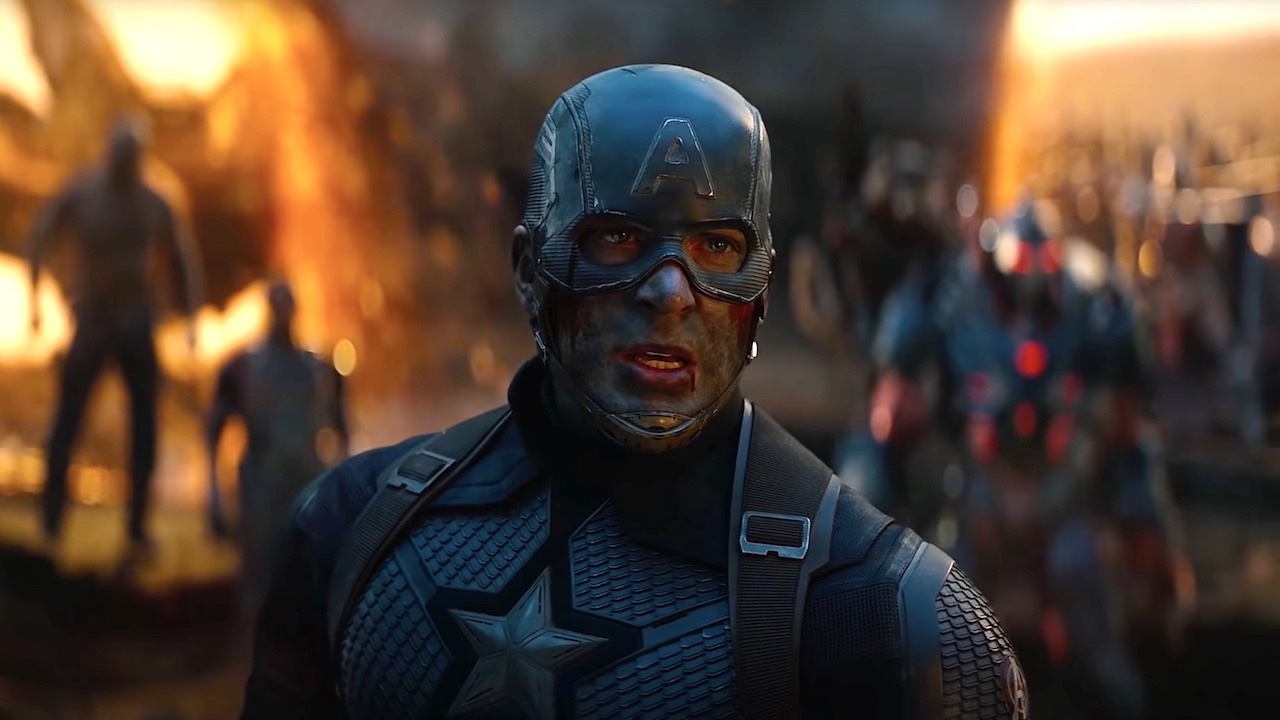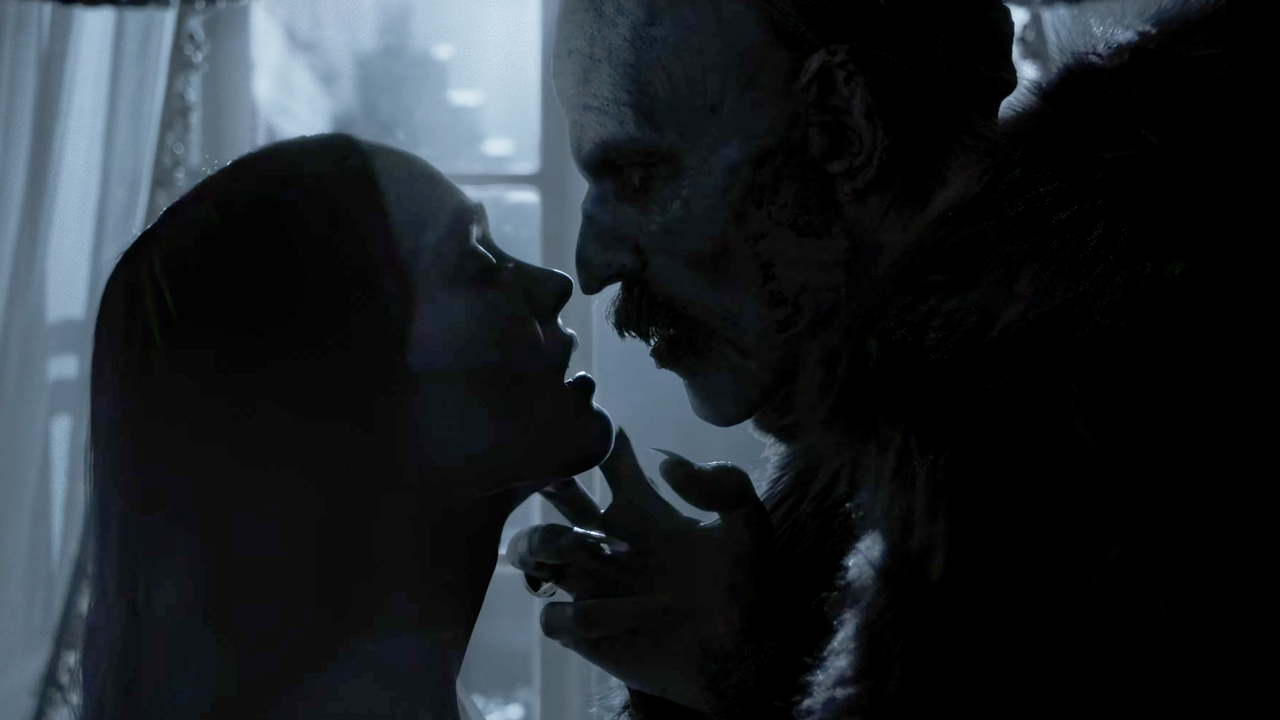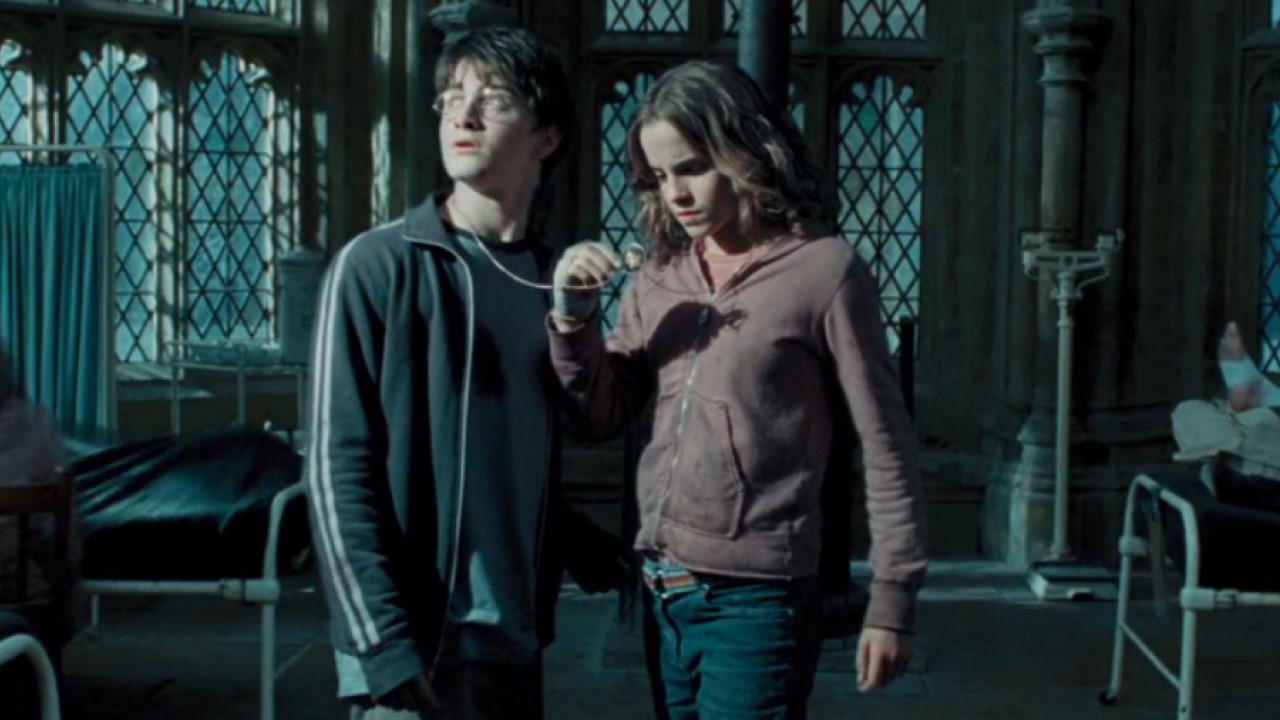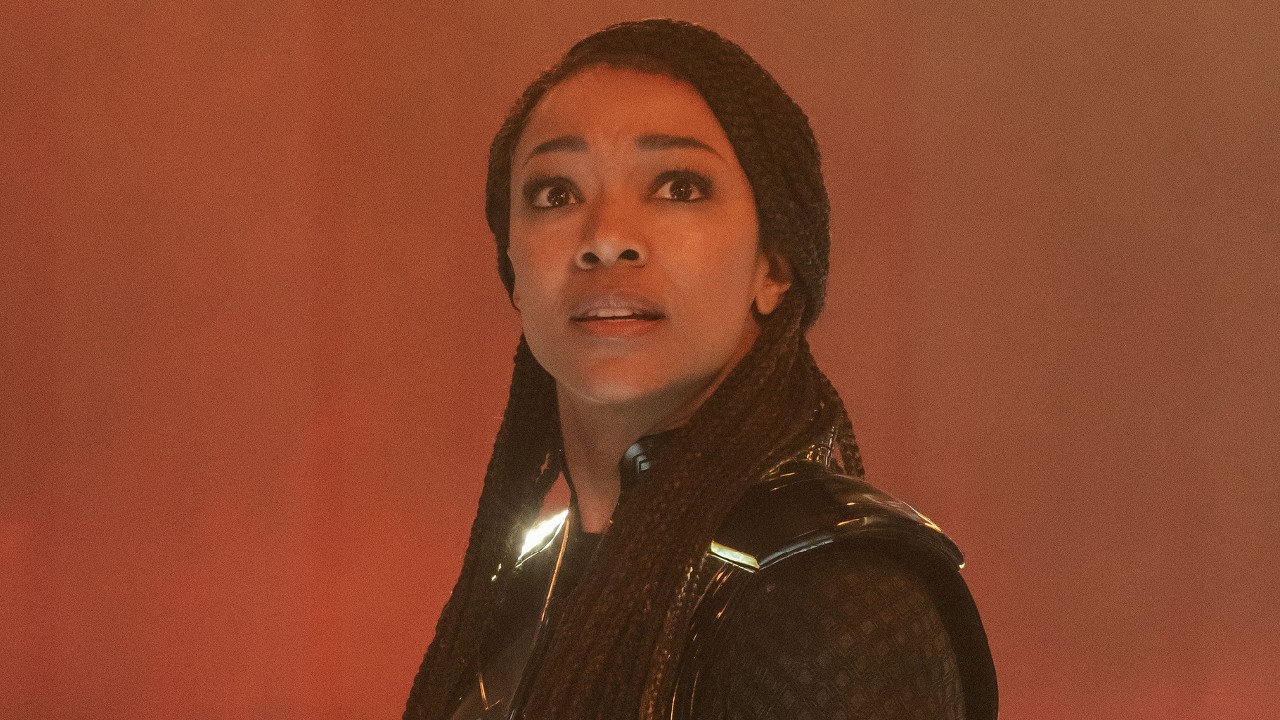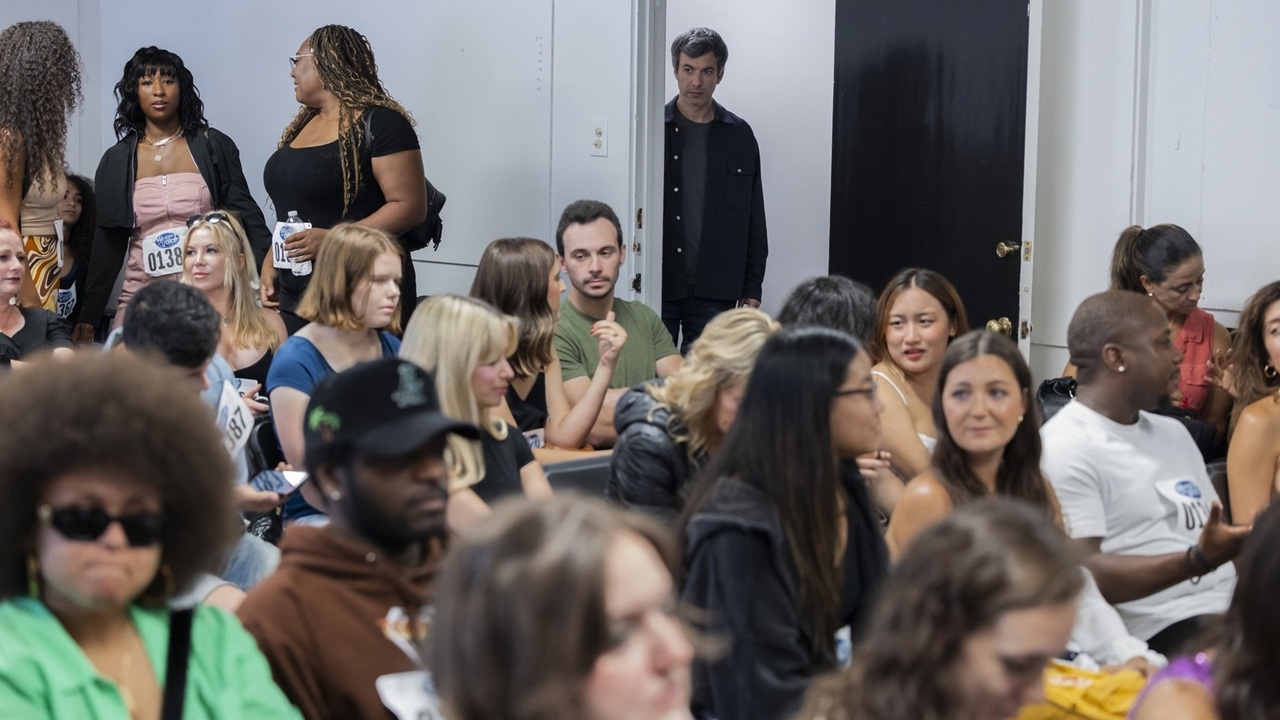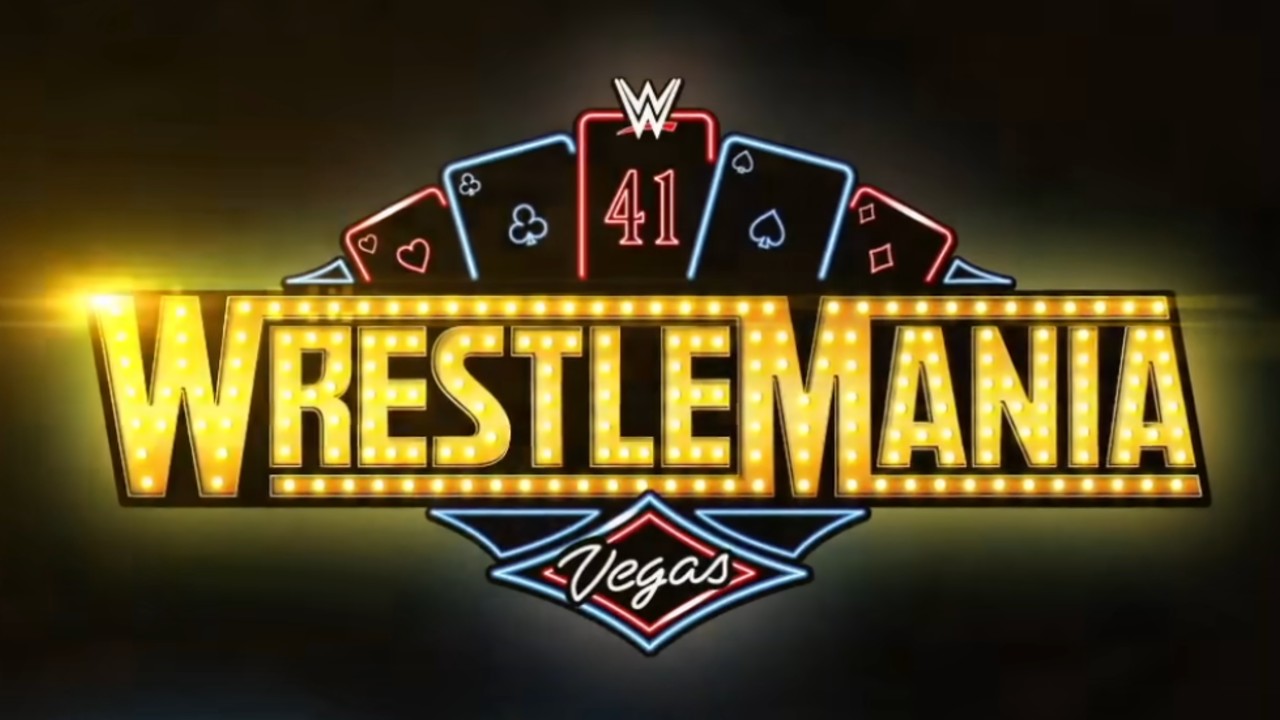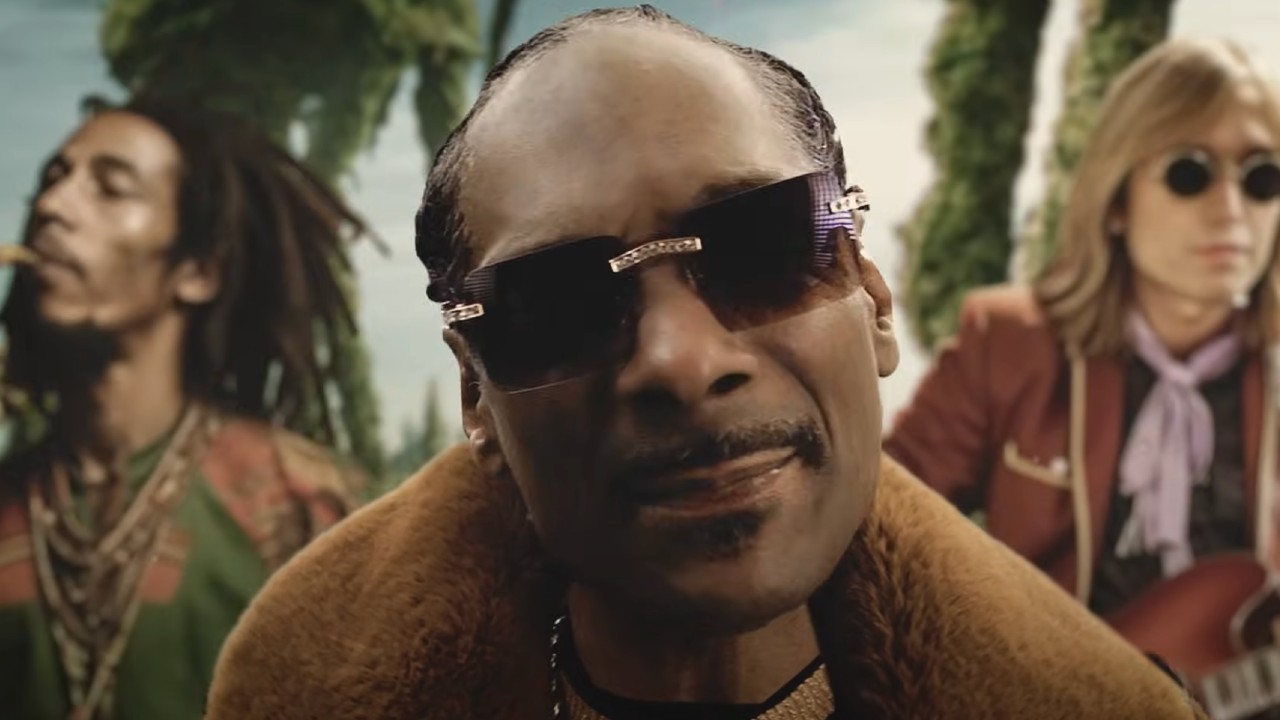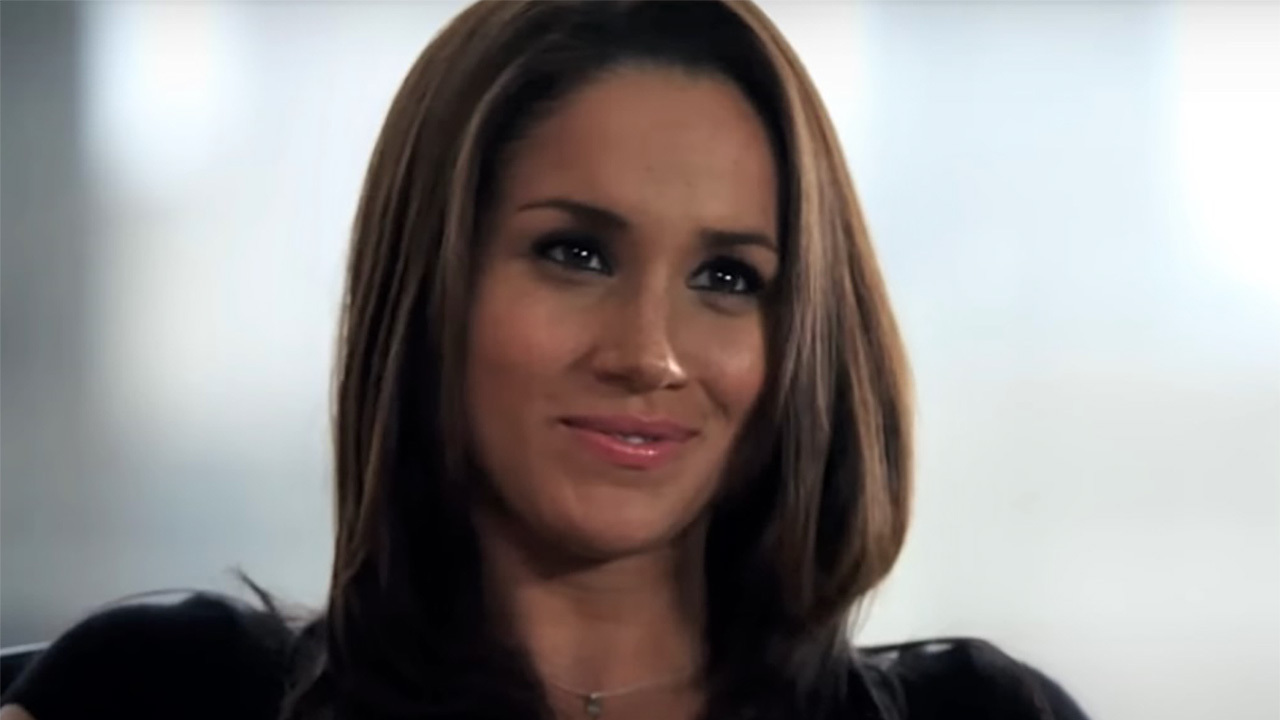Interview: Primeval Director Michael Katleman
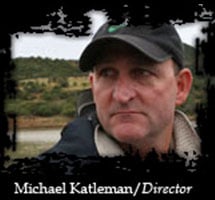
I was recently invited to participate in something new: An online chat and watch with the director of Primeval. Disney figured out a way to stream the movie for us online, while simultaneously chatting with the film’s director Michael Katleman. The streaming movie ended up serving more as background, a way to set the scene while the journalists in attendance pounded him with questions; but on the whole the experience worked out as a quick and easy way to connect filmmakers with journalists all over the world and by extension, their audience.
Primeval, the story of a team sent to Africa to capture a giant, man-eating croc named Gustave, arrives on DVD June 12th. The movie, which was initially marketed as a serial killer film is actually just a big, fun, monster movie in the tradition of Jaws, Anaconda, and any other man-eating mega-creature movie you can think of. Read on as Katleman discusses making the movie, getting it out on DVD, and what went horribly wrong with the film’s marketing campaign.
Q: You have directed some big TV-shows, but nothing close to horror or thriller. Was it a conscious choice to do a horror/thriller as your first big feature film?
A: No, but when I read the script, there was something about it that intrigued me. In a sick way, I began to become excited about figuring out all the different ways that a crocodile can kill a human. This was a new experience for me from what I had done on TV, and it definitely excited me to be doing something different.
Q: Can you tell me where the idea came from for Primeval and are you a fan of giant croc/gator films generally. If so which ones?
A: I believe the idea originated from Oren Aviv, the president of Disney, reading an article about Gustave being at large in Africa. I will admit that prior to this film, I wasn't necessarily a crocodile movie fan, but I am just generally a fan of movies, of all kinds.
Q: Can you tell us a bit about the real Gustave?
CINEMABLEND NEWSLETTER
Your Daily Blend of Entertainment News
A: As the myth goes, Gustave has been stalking people for up to 100 years and has killed over 300 people. Obviously, in our film, he is a supercroc, but in reality, once he got the taste of human blood and realized that humans move a lot slower than other animals, I think he simply realized that it would take a lot less effort to snack on humans at will. He has been shot at, stabbed, but it just seems there is no way to take him down. Who knows, maybe he has been dead for a long time, but I for one think it's cool to imagine he's still out there.
Q: Was Jaws a big inspiration for how you showed the audience Gustave?
A: JAWS was a huge influence and inspiration. I still remember the first time I saw that film, and I basically grew up in the water surfing all my life, and even I have to admit that I was afraid to get back in the ocean after that film. If I could come close to putting that kind of fear into people, I would consider this a huge success.
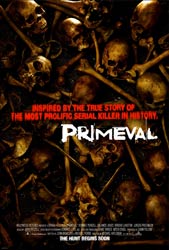
Q: What was the most difficult part of this shoot for you?
A: I think the most difficult part of this was shooting out in the jungle. It's a tough place to film. You're at the mercy of nature. But, I also find that the most exciting. I think once all the outside forces become part of the film, it truly takes on its own life.
Q: What was the ratio of CG to practical effects?
A: 100 percent CG. 0 percent practical effects. We started out with an animatronic croc, in hopes of shooting as much with it as possible. But, once we got the animatronic in the water in Africa, it just didn't look that scary or believable, so we made a last minute change to not use it at all. We went 100 percent CG instead, which not only posed some CG challenges, but really affected the film financially.
Q: You mentioned in the commentary utilizing the camera to make daylight look like night shots, did that help you along a great deal?
A: The day to night was more in post production. Once I looked at the film as a whole, it gave me a tremendous amount of control in creating passage of time, creepiness, as well as selling the beauty of Africa. So, while I was filming, I didn't really rely on it, but in post, as I was finishing the film, it became an incredible asset.
Q: How difficult was it to create an entirely CGI character for daylight shots? You don't see that a whole lot.
A: It was definitely challenging. The nighttime is much more forgiving. What added to the level of difficulty was putting the creature in water during the day. It just requires a lot more time, and a lot more patience.
Q: Is the design of the creature based on actual footage of the croc?
A: Yes. The jumping off point was Gustave. From that point, I set out to create a leaner, meaner croc. When you look at the real Gustave, he is sort of big and fat. I tried to make a scarier version of this killing machine.
Q: What are your thoughts on the film's sound design, and did you have a lot of discussion with the film's sound engineers in trying to plan out the ideal mix?
A: The sound was very tricky, and in the end, I'm incredibly happy with it. When you are doing a film like this, you have to decide if you are going to creep the audience out with very little sound, making it very tense, or do you hit them with a barrage of sound, and make them jump by the sheer volume. You must create peaks and valleys with the sound, where the audience will experience a bit of sensory overload. There were a couple of tricky things with the sound besides just the mix. One was coming up with the perfect crocodile sound. At the end of the day it was a mix of elephant, crocodile, snake and probably some horn thrown in for fun. The other area that took a tremendous amount of trial and error was the tracking device. It was executed incredibly well in "Aliens," so we kind of used that as our jumping off place. We had to find the right tone that made you aware of the tracking device, that didn't become irritating.
Q: Even with flicks like *Anaconda* around, this isn't traditional fodder for a horror film -- and I like how you treat it more like a science documentary than the usual horror flick. What inspired you to tell this particular story in this particular way?
A: I really like the fact that if you go to the water, there's a crocodile. If you go to the land, there are warlords. There really is nowhere to run, nowhere to hide. It gave me a great opportunity to not only shoot a horror film, but to shoot a horror/action film.
Q: Was there anything you really wanted to do in the film, but couldn't because of budget or time restrictions?
A: Yeah, lots. As a filmmaker, you are never satisfied. Part of the challenge is trying to make it all fit with the means that you are given. Believe me, if I had been given twice the money, I would have found a way to spend it.
Q: It sounds like you're pleased with just about everything, which is great, but I'm curious as to what you feel, if anything, could have been tweaked more to your liking?
A: I am pleased, but I'll be honest, I would tweak everything more. I don't think you're ever satisfied that you've spent enough time on everything. The reality is, it's a race against the clock. The one thing I would point to first would be the crocodile. I think Luma did a fantastic job creating this in the short amount of time that they had, but I would have liked to have seen more personality in its eyes, I would have liked to enhance the movement and made it more aggressive, and in the original conception, I had envisioned Gustave-vision, which I just ran out of time and couldn't develop to my satisfaction. So, I ended up cutting it from the film.
Q: How much did the script evolve during the shoot?
A: The script went through quite a few re-writes, with Brancato and Ferris involved at every step of the way. A lot of the re-writes were motivated by our financial constraints, because a film like this can easily spin out of control. On set, there were quite a few changes made, just from working with the actors, especially Orlando Jones, who I think is an incredibly talented improvisational actor. He would just come up with funnier and funnier stuff.
Q: Did any of the people involved with the real killings have any part in the development of the script and/or filming?
A: No, not in person. Obviously we read about all their stories, so they did have a huge impact.
Q: Is it hard to direct from someone else's screenplay? Have you ever considered writing?
A: It's actually quite fun to direct from somebody else's screenplay. As soon as you read it, your imagination takes over, the visuals come to you, it formulates inside your mind, and it becomes your own. You are constantly re-writing the script during the process, so by the time you start filming, it pretty much becomes your own.
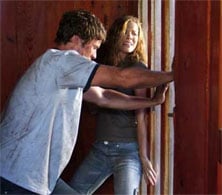
Q: Dominic Purcell looks like he could wrestle a croc bare handed! Is that all acting, or is he a bit of a tough guy in real life?
A: Dom is definitely a tough guy in real life. In fact, in the first week of shooting, when he was running from the truck as it was chasing him down in the grass, he dove under a tree and actually separated his shoulder. Without missing a beat, he kept on filming, finished the day out, went to the hospital, had it wrapped, and came back to work the next day, still begging to do his own stunts.
Q: You mentioned Orlando came up with new lines at the set - how much of them are completely improvised? Most of his lines feel so natural...
A: A large portion of Orlando's lines were improvised. We would get on set and start playing around, and he would come up with some incredible material. He is a truly gifted comic, and I look forward to working with him again.
Q: Was there ever an ending where Gustave was killed?
A: No, because he is alive, and we did want to stay true to that part of the story.
Q: Did the film have any issues with the ratings board or was the R granted without need for additional edits?
A: Yes, we had a very hard time maintaining the R rating. Many of the kills were much more graphic initially. When you are working on a film with so many visual effects and on such a tight time schedule, you often don't see the finished product until the very last minute. The ratings board was very nervous that once the final touches were put on the film with the effects, it would be far too graphic. In the end, I am pleased with what we were able to accomplish and still maintain the R rating.
Q: When the film was released theatrically, did you go see it with an audience? Did the film have an extensive test screening process?
A: Unfortunately, we didn't have an extensive test screening process because we had a short turnaround. We had two screenings, but very little time to make changes in between.
Q: How much stock do you take in what the film critics have to say? It seems like a lot of critics had diverse reactions to the film.
A: Well, that's tough. It's a drag, because obviously, you would like everyone to like the film that you have worked tirelessly on, and I'm very proud of the film and how it turned out. But, that's the beauty of film, there's something for everyone, so I can't let it bother me.
Q: During its theatrical release, what did you think of the decision to bill the movie as a "serial killer" theme, rather than a killer croc?
A: I'll be honest, I wasn't crazy about it. In a film like this, the croc is the star, and I think that the fans of films of this genre want to know going into it that they are going to see a killer croc movie. Unfortunately, it caused a lot of frustration with the fans, and at the end of the day, they felt deceived.
Q: Has the controversy surrounding the marketing campaign detracted from the film or affected how it has been received by critics and the public?
A: Unfortunately, I feel it has detracted. I thought it was a noble attempt at getting the audience intrigued, but the result was that the audience felt that they were deceived.
Q: Why “Primeval” and not “Gustave” for the title – what does the name “Primeval” dictate or require?
A: To be honest, it was titled "Gustave" for a very long time, but nobody really knew what that was or what it meant.
Q: What are you hoping people take away with them when the credits roll?
A: That they had a fun ride, and for the hour and thirty minutes, were able to forget about the outside world.
Q: Would you be interested in making a sequel?
A: Not at this moment. Not that I don't love Gustave, but I think I would like to dabble in other arenas.
Q: What are your thoughts on digital filming versus shooting on film?
A: I think digital filming is definitely the wave of the future. I don't think it's quite there yet, but I think it's pretty close. There is a tremendous amount of freedom with digital with being able to shoot as much as you want and having the kind of latitude that you are given with the digital format. But, there is something really sexy about film that I'm not ready to give up. I guess I felt the same way about LPs and CDs.
Q: At which point of the production did you think about the DVD extras?
A: We actually started thinking about it on our first surveys to Africa. We started filming some behind-the-scenes footage of Africa, of the making of the animatronic, basically the entire process.
Q: What are your thoughts about providing behind-the-scenes material on DVD?
A: I think that behind-the-scenes material is invaluable. It's a great way to see how the film was shot, and hear all the great stories from the shoot. It's a great way to learn how to make films.
Q: which deleted scene you felt sorry for the most to leave on the cutting room floor?
A: I actually don't miss any of them. I deleted them myself because I thought that doing so made the film better. It's all a process, and the film is constantly evolving - from the script, to in front of the camera, to the cutting room. I think you just have to sit back, look at the whole project, and do what is best for the film.
Q: So we've seen giant sharks, giant crocs, giant spiders and ants. Which of the giant monster movies, made or yet-to-be-made, do you think deserves to be seen?
A: All of them. Give me a giant anything and I'll be happy. One of my favorite toys as a kid was a magnifying glass. Seriously, if you can make it scary, I think it's cool.
Q: Now that you're completely finished with Primeval, right through DVD, what do you have planned next?
A: I am working with Jon Feldman on a new show for ABC called "Big Shots," while I am also reading and developing other feature projects.
Q: Has Primeval inspired or discouraged you in doing feature films?
A: Definitely inspiring. I don't think I've ever had a better experience in my life. I look forward to making many more films in my life.
Q: What would you like to direct in the future? What kind of films?
A: I really just want to direct films with compelling stories. Something that speaks to me. I'm open as to the genre, but I need to connect with the material.
90 Day Fiancé: Matt's Latest Comments About The Throuple Situation Have Me Scratching My Head
Suits LA’s Harvey Specter Arc Wrapped Up, And It Came With Some Big Reveals About What’s Happened To Him Since The Original Series Ended
Sinners Review: I Don't Know If I Love It More As A Crime Movie Or A Horror Movie. That's Awesome

